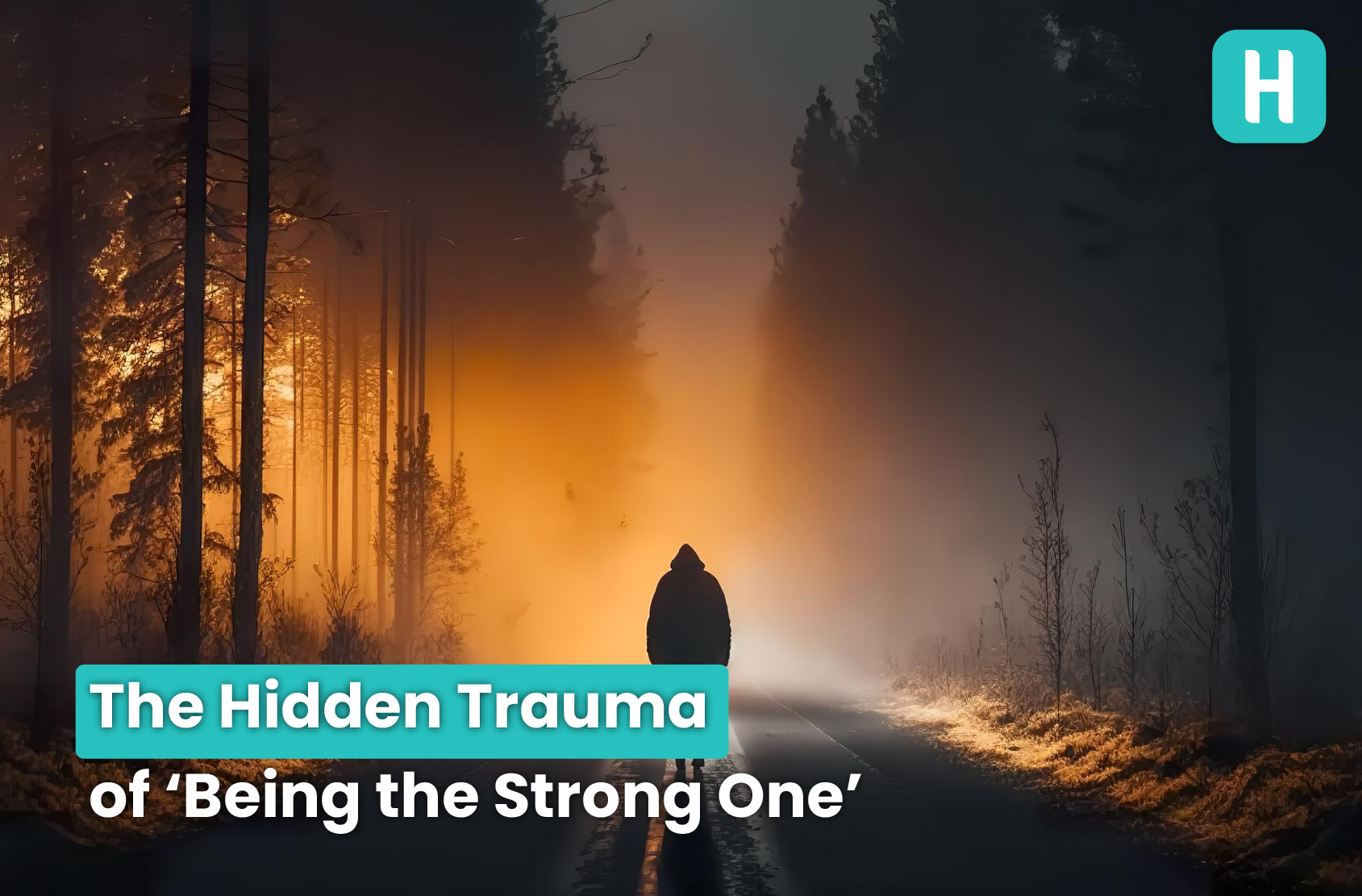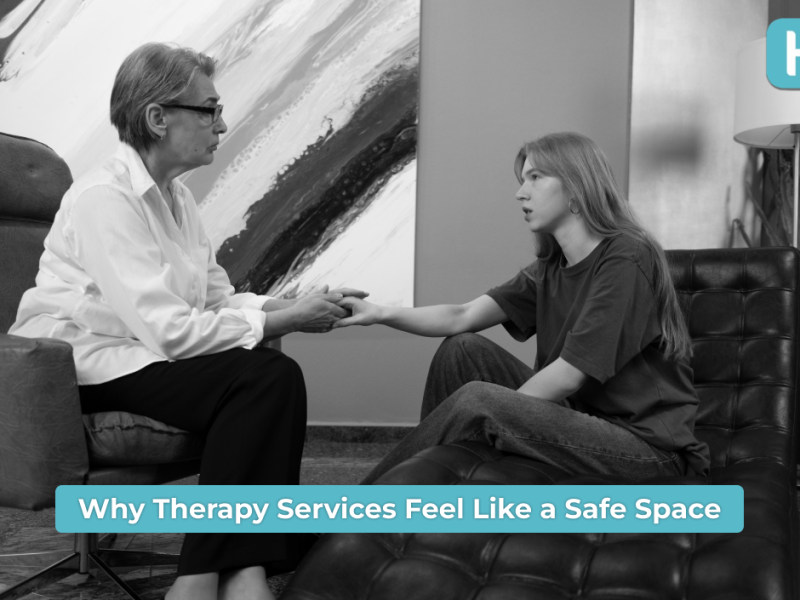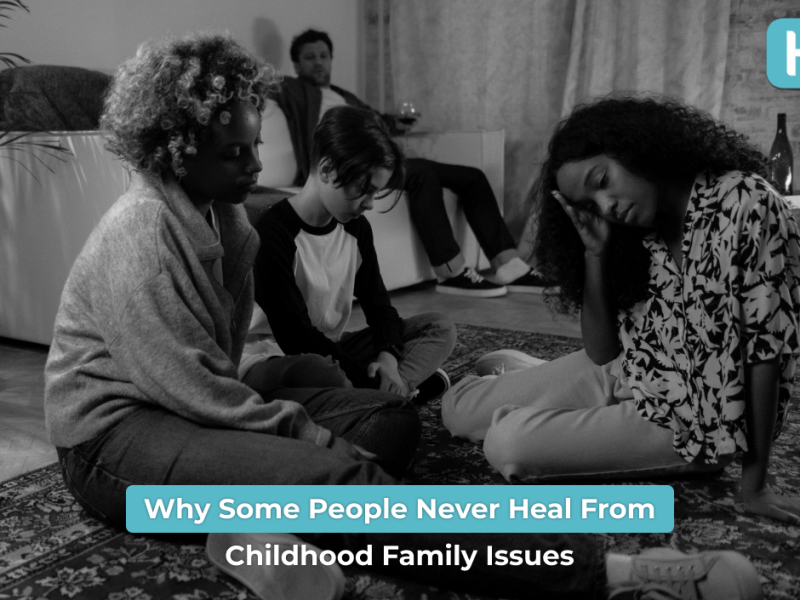The Hidden Trauma of ‘Being the Strong One’
You’re the one everyone turns to.
The fixer.
The listener.
The shoulder.
The “strong one.”
But here’s what no one asks: Who do you lean on?
The Hidden Trauma of Being the Strong is one of the most overlooked emotional wounds in society today. We praise strength, independence, and composure—often at the cost of real connection, vulnerability, and healing.
If you’ve been silently carrying the weight of others while suppressing your own needs, this article is for you.
You Weren’t Born Strong—You Were Made This Way
Let’s start with a truth bomb:
Most people who are seen as “strong” didn’t choose that identity. They had to become strong.
Maybe you were the oldest sibling in a chaotic home.
Maybe you were a child who had to emotionally support a struggling parent.
Or maybe trauma taught you that emotions make you weak—and survival means staying composed.
This is where the Identity & Emotional Burden begins. Being “the strong one” becomes not just something you do—it becomes who you are. And undoing that identity feels like losing yourself.
What Strength Really Costs You?
At first, being the strong one feels like a compliment.
People say things like:
“You’re so grounded.”
“I wish I had your strength.”
“I don’t know how you do it all.”
What they don’t see is the internal storm.
- You cry in silence because you’re the one who’s supposed to “have it all together.”
- You numb yourself so others can break down in front of you without guilt.
- You shrink your needs to make space for everyone else’s.
This isn’t just exhausting—it’s harmful.
Why being the strong one is damaging lies in the emotional suppression it demands. You never give yourself the grace to fall apart, so your pain festers under the surface.
Hidden Trauma Looks Like This
Let’s humanize this.
Here’s what the Hidden Trauma of Being the Strong actually looks like in everyday life:
- You apologize for crying, even in private.
- You feel guilty for resting or saying no.
- You wait for a crisis to give yourself permission to feel.
- You’re hyper-independent to the point that asking for help feels like failure.
- You feel more like a role than a person.
One woman shared, “I didn’t realize how emotionally numb I’d become until my therapist asked me what I needed—and I had no idea how to answer.”
Always the Caregiver, Never Cared For
There’s a special kind of ache that comes from the Hidden trauma of always being the caregiver.
You pour endlessly into others.
You’re the friend who shows up with food, the sibling who fixes everything, the coworker who absorbs the team stress.
But when you need something? Silence.
Not because people don’t love you. But because they expect you to be okay. You’ve taught them that.
It creates a cruel loop:
The more dependable you are, the more invisible your needs become.
The Emotional Toll of Being the Strong Friend
Friendship should be a two-way street. But if you’re “the strong one,” it often feels one-sided.
You’re everyone’s emergency contact.
Everyone’s midnight call.
Everyone’s emotional safe space.
But the Emotional toll of being the strong friend is feeling deeply alone in your pain. You can be surrounded by people and still feel like no one really sees you.
Worse, you begin to feel ashamed for needing anything at all.
Why It’s So Hard to Break the Pattern?
You’d think acknowledging the pain would be enough to let it go.
But here’s the kicker:
There’s comfort in being the strong one.
It gives you control.
It gives you purpose.
It protects you from vulnerability.
And maybe—just maybe—you believe that if you stop being strong, people will stop needing you. Loving you.
This is the unspoken fear behind the Hidden Trauma of Being the Strong. That you’re only valuable when you’re holding everyone else up.
Curiosity Check-In: What Would Happen If You Dropped the Mask?
Take a moment.
Imagine you dropped the “strong” identity for just one day.
- Who would show up for you?
- Would you even let them?
- What would you feel if you weren’t busy fixing someone else?
This isn’t to shame you—but to open a door.
Because underneath all the “doing” and “carrying” is a person who deserves softness, rest, and care too.

How to Start Healing: The 5-Step Path?
Healing from the Hidden Trauma of Being the Strong starts with awareness. But here are 5 real, doable steps to begin the journey:
- Name It Without Shame
Admit that being “strong” has hurt you. That it’s left scars. You don’t have to prove anything to anyone anymore.
- Ask for Help—Even When It Feels Wrong
Start small. Ask a friend to call you when they have time. Tell someone you had a rough day. Let others show up—even if you don’t know how to receive it fully.
- Set Boundaries, Guilt-Free
Being supportive doesn’t mean being self-sacrificing. Say no when you’re stretched thin. You’re not selfish. You’re human.
- Let Yourself Feel Without Fixing
You don’t need a reason to cry. Or to rest. Or to feel sad. Emotions don’t need justification—they need space.
- Reclaim Your Identity
You are more than your utility. More than your strength. Start exploring who you are when you’re not performing strength. What do you enjoy? What lights you up?

A Real Story of Healing
A client once shared her experience:
“I was always the strong friend. The one who gave advice. I didn’t cry for years. Then one day I broke down at work—ugly tears, shaking, couldn’t breathe. I thought it was a panic attack. Turns out it was a trauma response. Therapy helped me understand that being strong was how I survived—but it wasn’t how I wanted to live anymore.”
Her healing didn’t happen overnight. But step by step, she reclaimed her softness. Today, she sets boundaries without apology. She cries in front of friends. She lets others hold her too.
And she still feels strong—but now it’s a strength rooted in truth, not in suppression.
Your Strength Is Real, But It Shouldn’t Be a Cage
You don’t have to be strong all the time.
You don’t have to hold everything together.
You don’t have to disappear to be loved.
The Hidden Trauma of Being the Strong isn’t weakness. It’s a wound from years of being told—directly or indirectly—that your worth is tied to how much you can carry.
It’s time to put some of it down.
You deserve to heal.
You deserve to be held.
FAQ
Q1: Is it okay to step back from supporting others if I’m overwhelmed?
Absolutely. You can’t pour from an empty cup. Prioritize your emotional safety too.
Q2: How do I know if I have this hidden trauma?
If you struggle with asking for help, feel guilty resting, or feel unseen despite being present for others—you might be carrying this hidden trauma.
Q3: Can therapy help with this?
Yes. A trauma-informed therapist can help you unpack your emotional patterns, rewrite your identity, and build healthier boundaries.
Q4: What if people get upset when I stop being the strong one?
Some might. Because your change challenges their comfort. But those who truly care will adjust. And those who don’t—may not be safe people to begin with.
Q5: How can I connect with others like me?
Online communities, trauma recovery groups, and support forums are great starting points. You’re not alone—and connecting with others who’ve lived it can be deeply healing.


